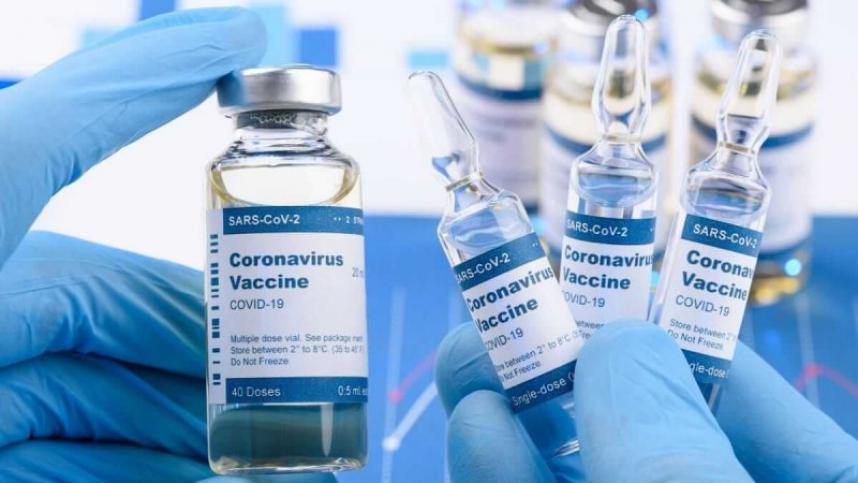
In normal drug trials, for diseases like terminal cancer, benefits of new medicines may be less apparent, with survival benefits of just a few months sometimes revolutionary for patients at death’s door.
For vaccines, however, marginal protection is inadequate, and the World Health Organization ideally wants to see at least 70% efficacy in trials, while the U.S. Food and Drug Administration (FDA) wants at least 50%.
The 90% efficacy reported in the Pfizer and Russian trials beats those, and appears to exceed that of typical flu vaccines, which the U.S. Centers for Disease Control and Prevention (CDC) estimate reduce the risk of sickness by 40%-60%.
The interim data is promising, since it appears to demonstrate that a vaccine can be effective in preventing COVID-19. The jump to mass vaccinations, however, presents new hurdles. The Pfizer-BioNTech vaccine requires two doses, ideally 21 days apart. If people do not stick to the timetable, it may affect the vaccine’s efficacy.